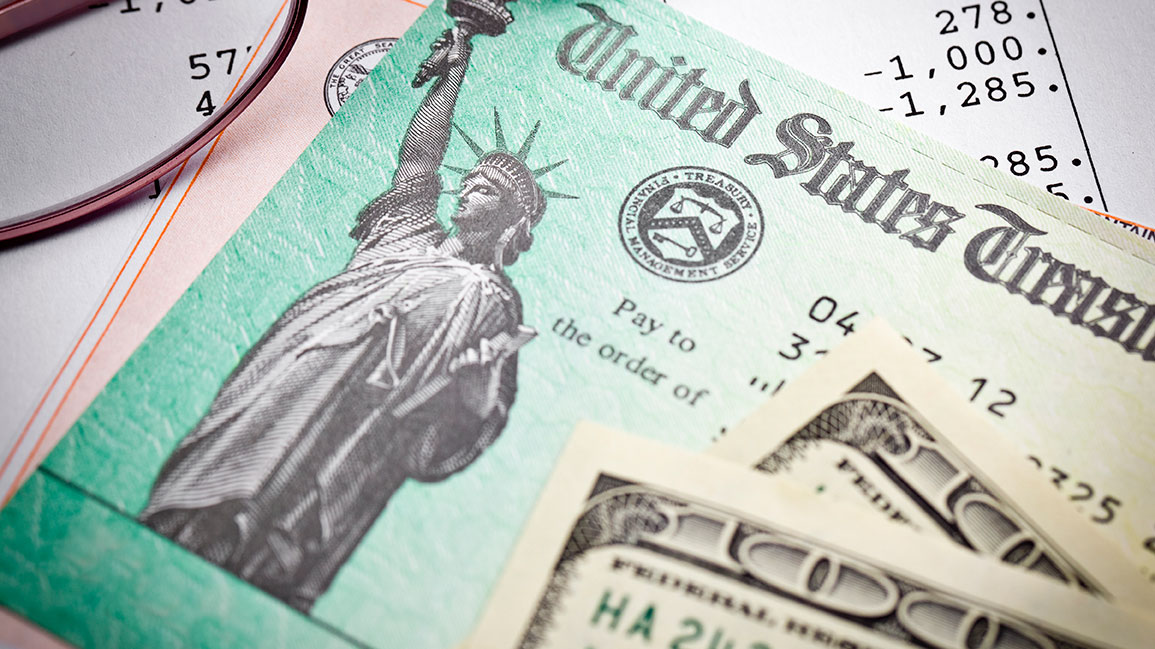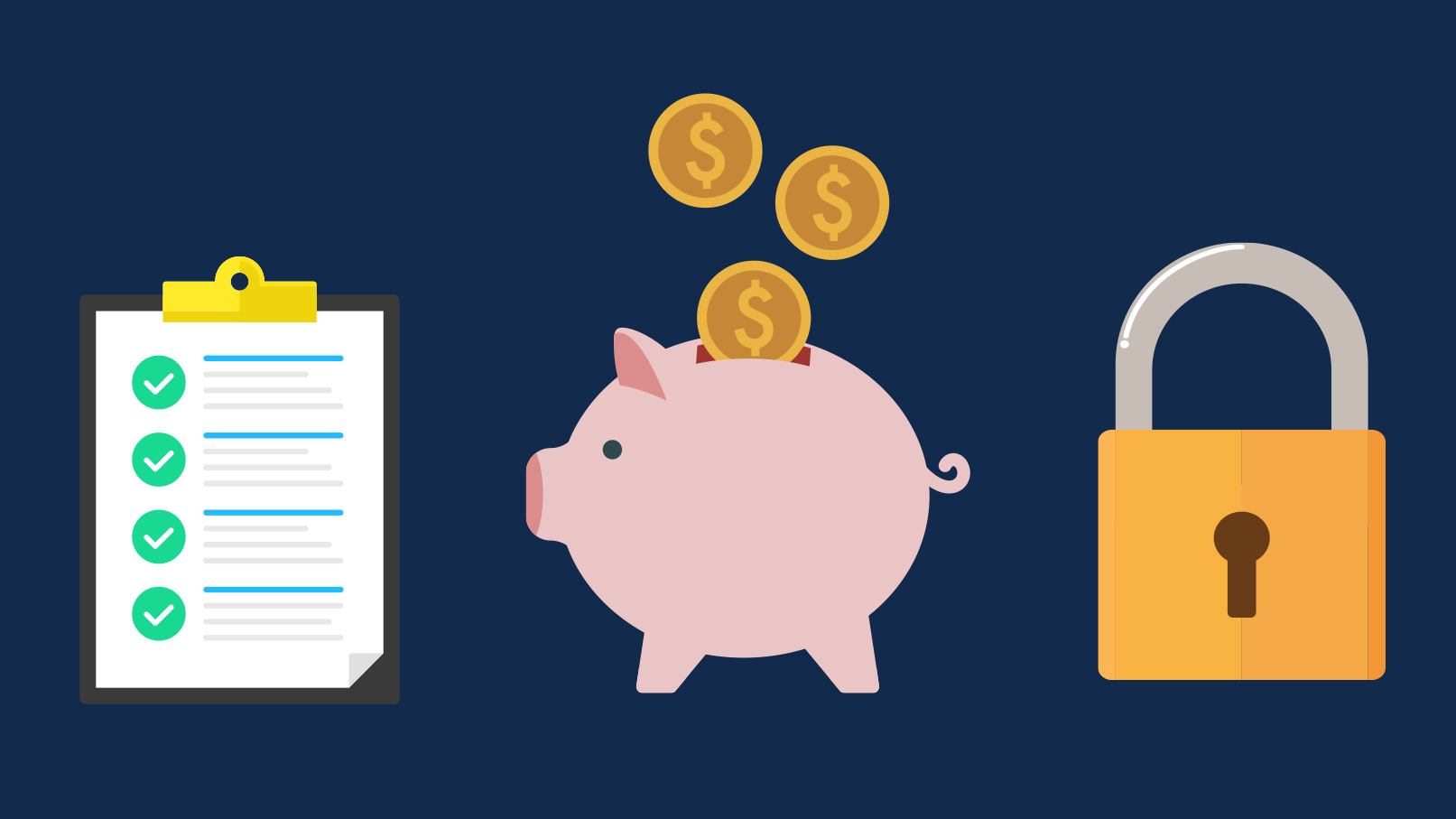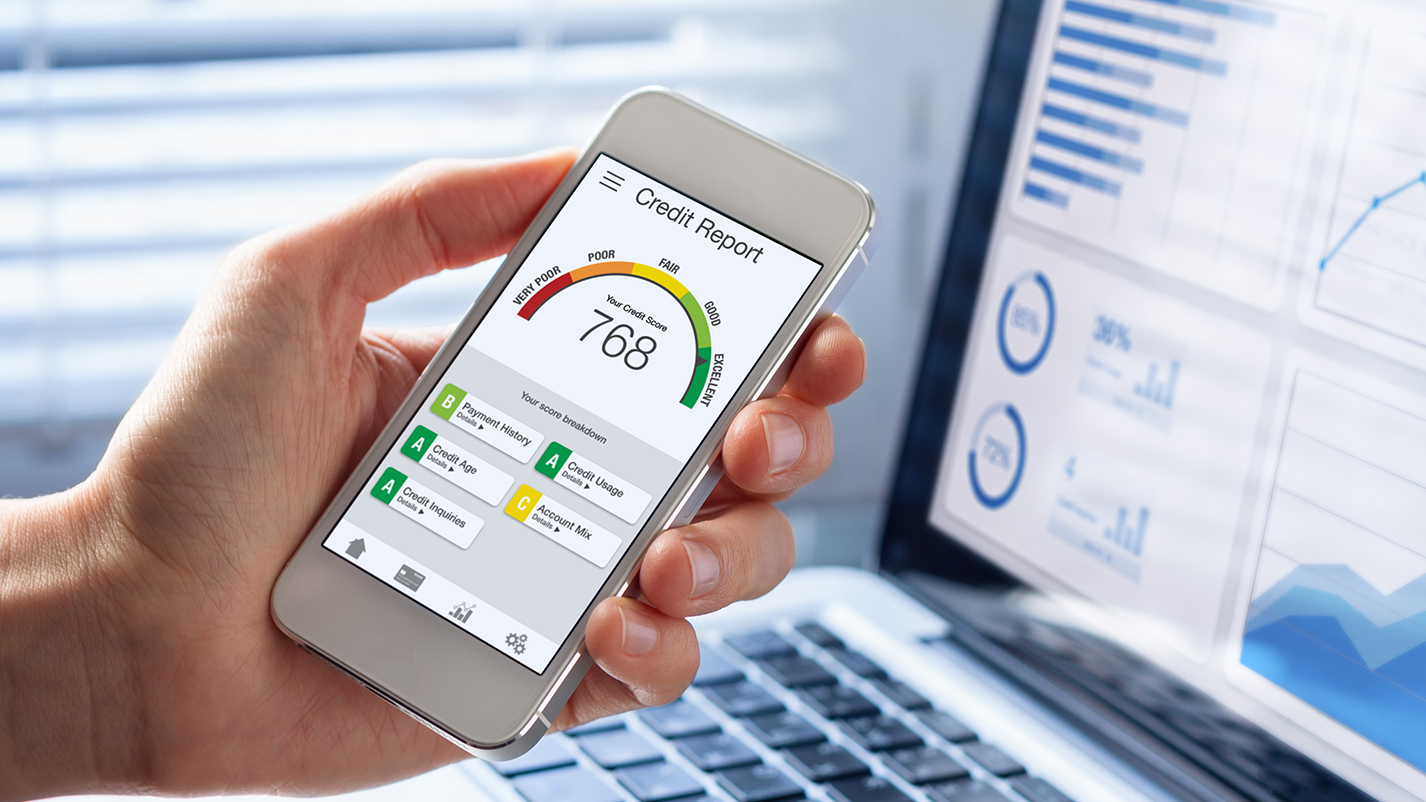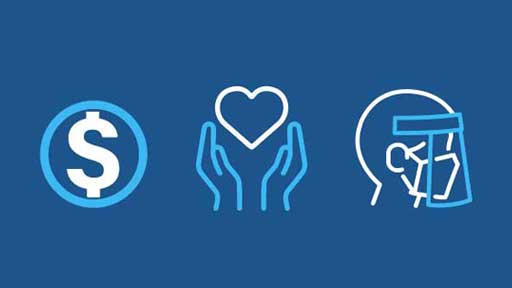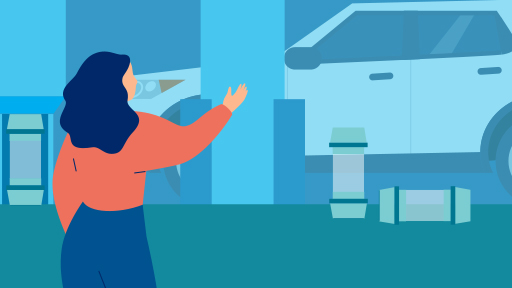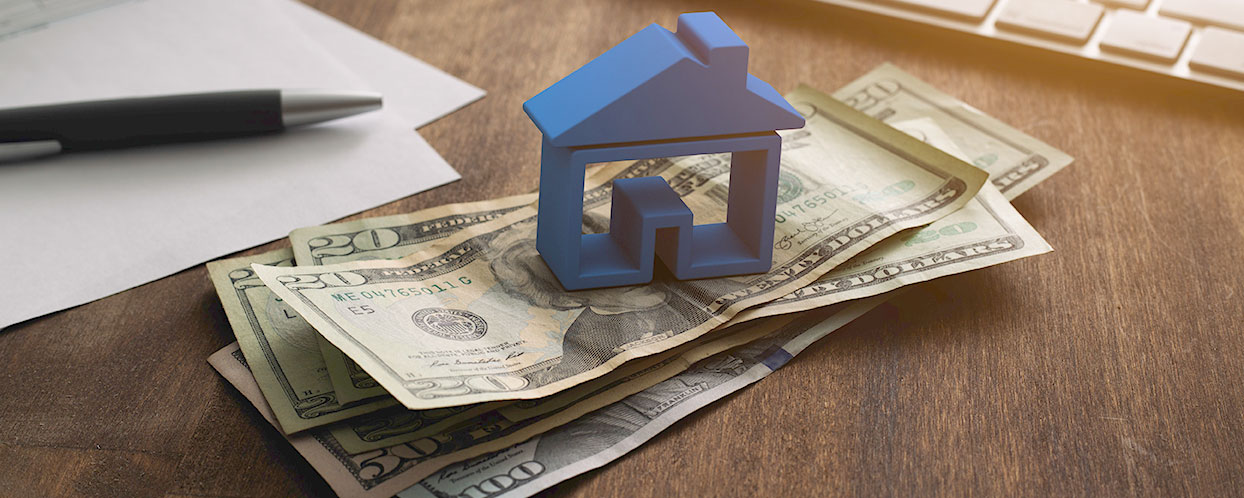
Purchasing a home may be the largest financial transaction you’ll make during your lifetime. Once the dust settles, and you’ve finished closing the sale, you’ll be the proud owner of a new home — and a mortgage payment into the foreseeable future.
MSGCU is here to help you understand each component of your mortgage payment. As mortgage experts, we can also explain how it's calculated and offer tips for managing your payments effectively.
Principal and interest
When looking at your mortgage statement, the principal and interest make up the majority of your payment.
Principal
The principal of your mortgage is the amount of money you borrow from your lender, like MSGCU, to purchase your home. For example, if you buy a house for $300,000 and put down $60,000, your principal is $240,000. A portion of each mortgage payment goes toward paying down this principal. In the early years of your mortgage, a smaller portion of your payment goes toward the principal, with the majority paying toward interest. As time goes on, this balance shifts, and more of your payment goes toward the principal.
Interest
Interest is the cost of borrowing money from your lender. It’s typically expressed as an annual percentage rate (APR). The interest rate you receive depends on several factors, including your credit score, the size of your down payment, and the current market rates. There are two main types of interest rates: fixed and variable. A fixed-rate mortgage keeps the same interest rate for the life of the loan, while a variable-rate mortgage can change over time based on market conditions. MSGCU is proud to offer our members market-leading interest rates to help them save money on their home purchase.
Interest is calculated on the outstanding principal balance. For example, if your annual interest rate is fixed at 4%, and your principal is $240,000, your annual interest cost would be approximately $9,600. When divided by 12, you identify your monthly interest amount. As time passes and you pay down the principal balance, the amount of interest you owe each month also decreases. Your payment stays the same – just more of your payment goes into paying the principal versus paying interest.
Escrow
An escrow account is funded each month as part of your total monthly mortgage payment. Lenders use it to make property tax and homeowners insurance payments for you, meaning you don’t have to save for these expenses separately. Some lenders will require escrow, and some will not. Discuss escrow accounts with your mortgage lender to learn more about their requirements.
Property taxes
Property taxes are levied by local governments and are based on the assessed value of your property. These taxes fund essential services in your community, such as schools, police and fire departments, and road maintenance. The amount of property taxes you pay will vary widely depending on your location. To ensure taxes are paid on time, lenders may require borrowers to pay a portion of their property taxes each month into an escrow account. The lender then uses the funds in this account to pay your property tax bill when it’s due.
Homeowners insurance
Homeowners insurance protects your property and belongings from damage or loss due to events like fires, storms, and theft. Most lenders require borrowers to carry homeowners insurance, so your choice will not be whether to get insurance, but how much coverage to purchase. Similar to property taxes, lenders may also require you to pay a portion of your insurance premium each month into an escrow account. The lender then pays your insurance premiums from this account.
MSGCU partners with Members Home and Auto, and TruStage Auto & Home Insurance Program to offer exclusive discounts for our members. Visit our website for more details and to receive a free, no-obligation quote for homeowners insurance.
Additional components
Depending on where you live, your mortgage payment might include the following components:
- HOA fees: If you live in a community with a homeowners association (HOA), you may need to pay monthly or annual fees. These fees cover the maintenance of common areas and other community services. Talk with your lender to find out if HOA fees are covered in your mortgage payment.
- Special assessments: In some cases, special assessments may be levied by your local government or HOA for large public projects like road improvements or community renovations.
- Private mortgage insurance: If your down payment is less than 20% of the home’s purchase price, your lender will likely require you to carry private mortgage insurance (PMI) to protect the lender in case you default on your loan. The cost of PMI varies, but it will typically range between 0.3% and 1.5% of the original loan amount per year. Once you have built up 20% equity in your home, you can usually request to cancel PMI.
Tips for managing mortgage payments
Your mortgage payment may take the biggest bite out of your monthly budget. Here’s how to manage the payments:
- Budget for your payments: Create a budget that includes your mortgage payment and other homeownership costs. Be sure to account for maintenance, repairs, and utilities, in addition to your monthly mortgage payment.
- Refinancing: If interest rates have dropped since you took out your mortgage, consider refinancing, which can lower your interest rate and/or monthly payment. It's also a great way to switch from a variable to a fixed-rate mortgage.
- Extra payments: Making extra payments toward your principal can help you pay off your mortgage faster and save on the interest paid over the life of the loan. Even small additional payments can make a significant difference.
Understanding the anatomy of a mortgage payment is essential for managing your finances. MSGCU is here to help if you have questions about budgeting, refinancing, or paying your mortgage. Contact a mortgage consultant or stop in any branch office if you would like to walk through your mortgage payment.
Category: Finance
« Return to "Blog"
















